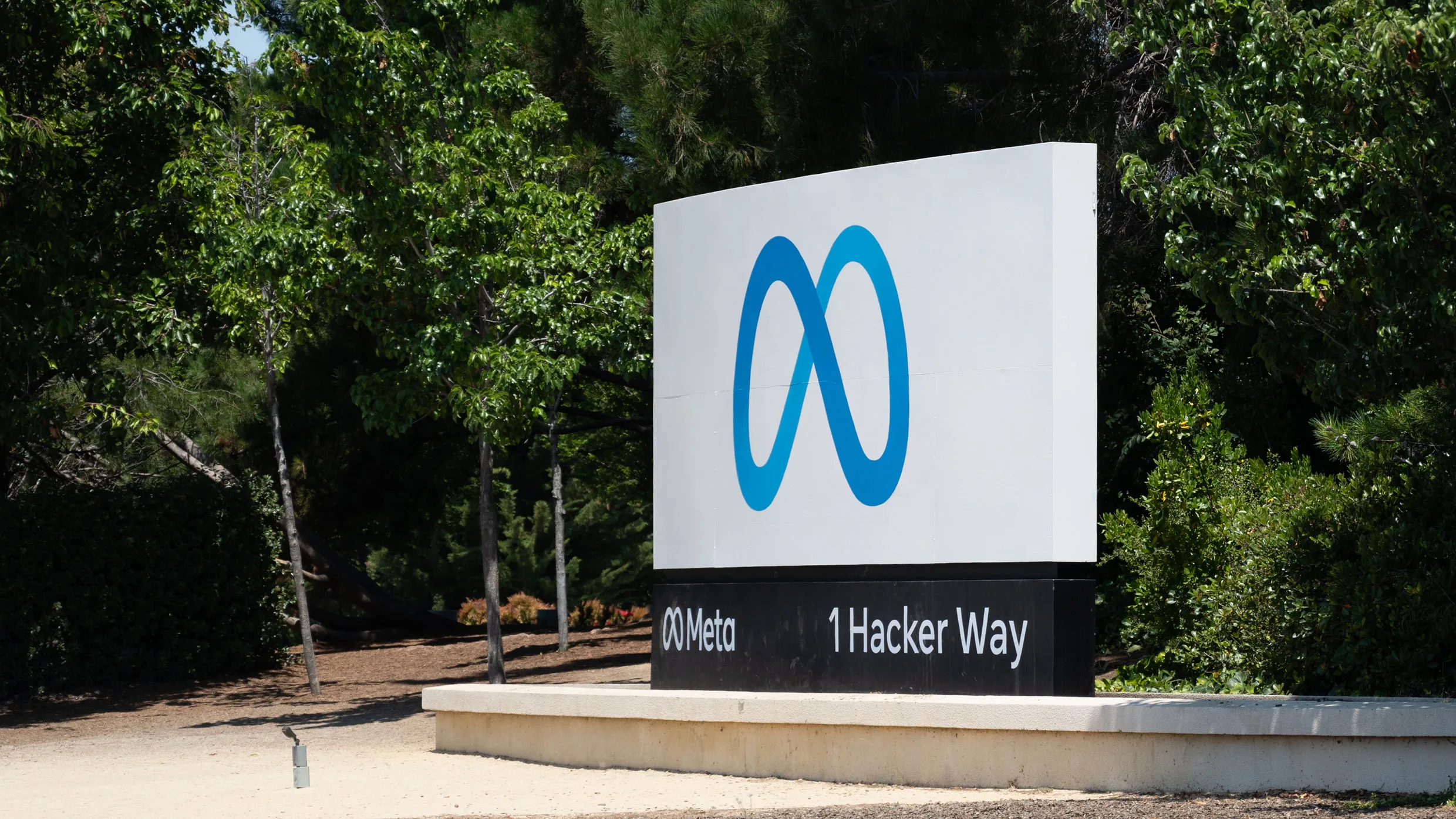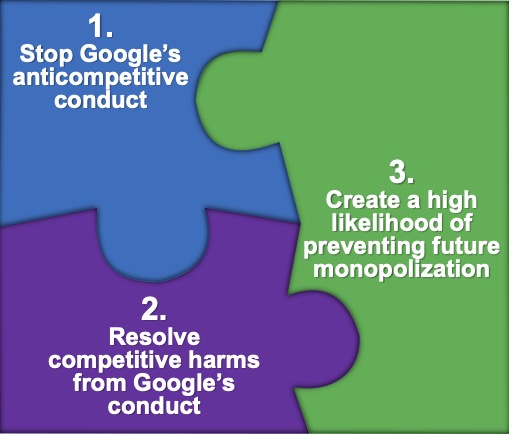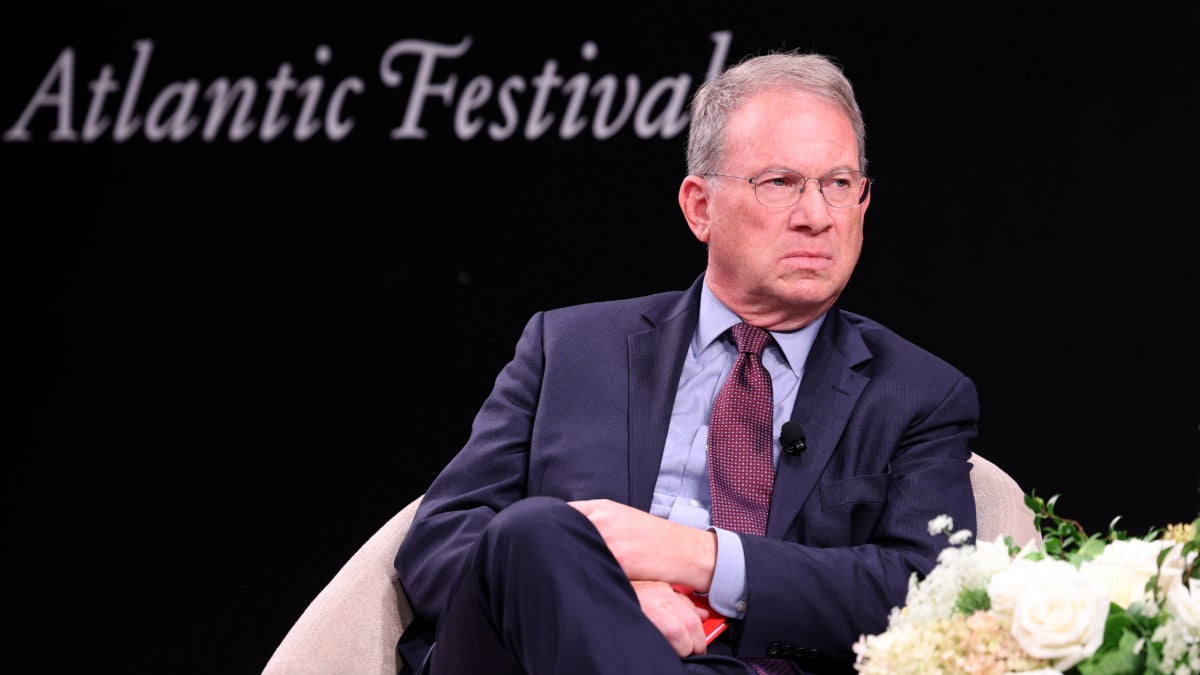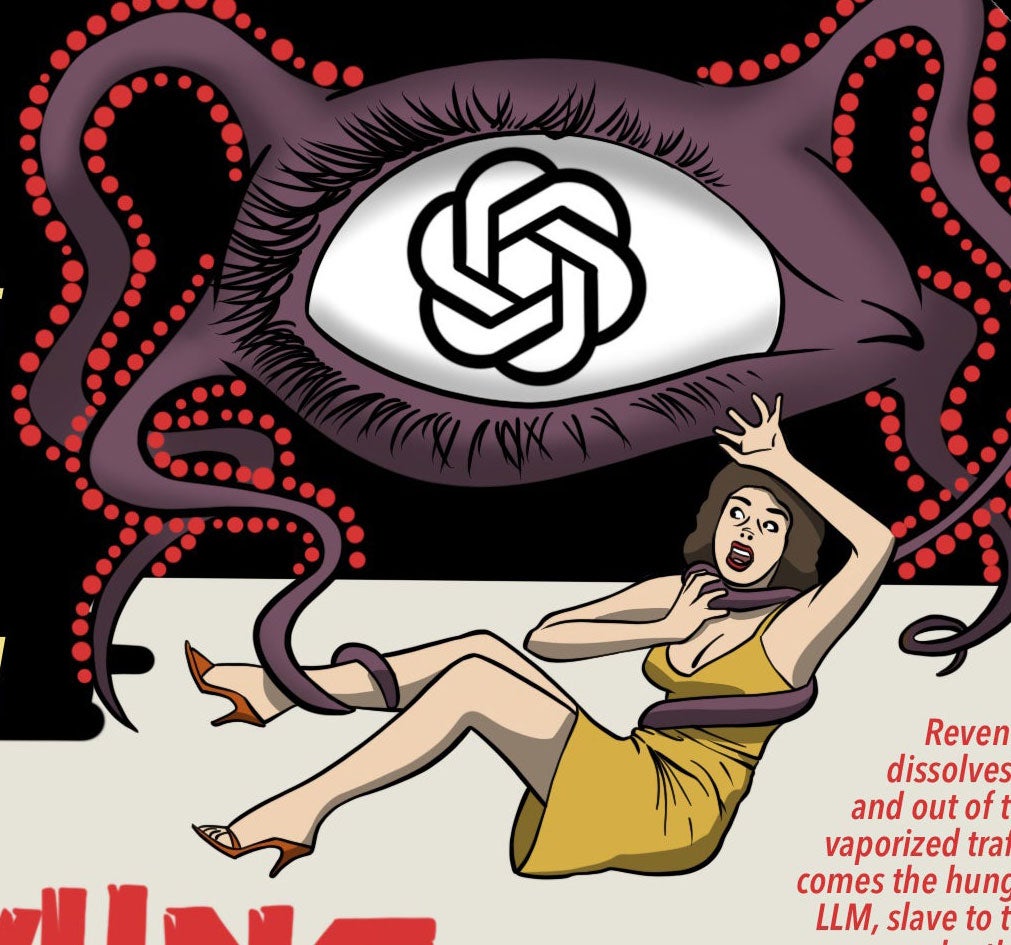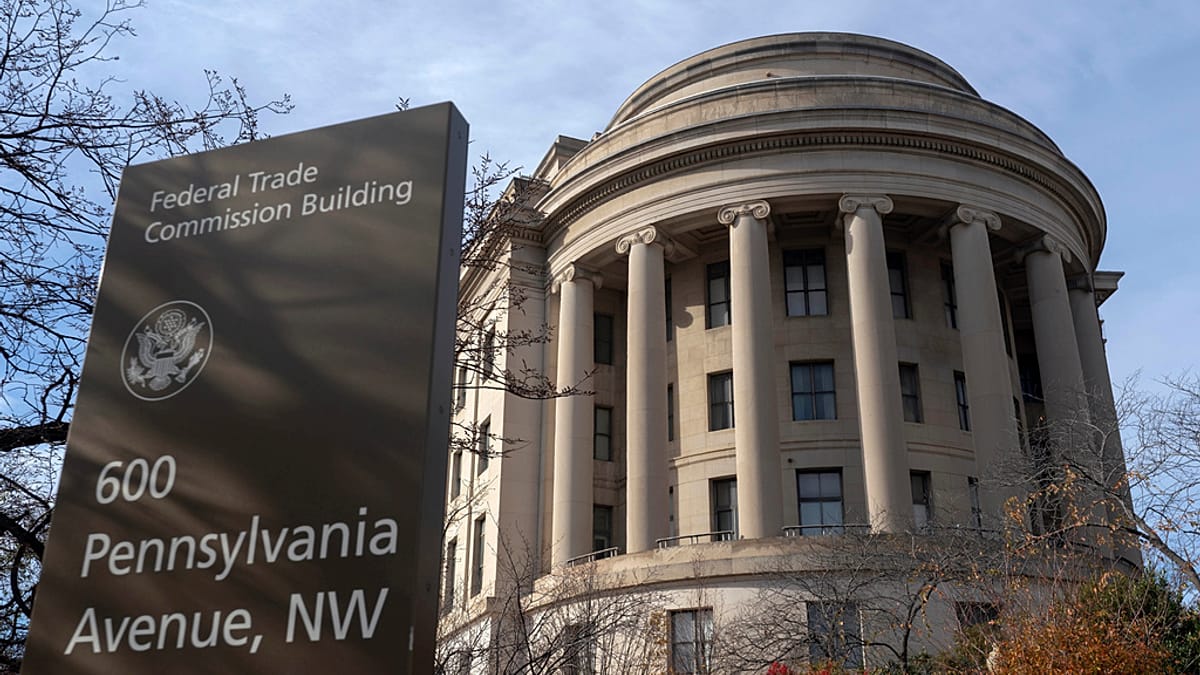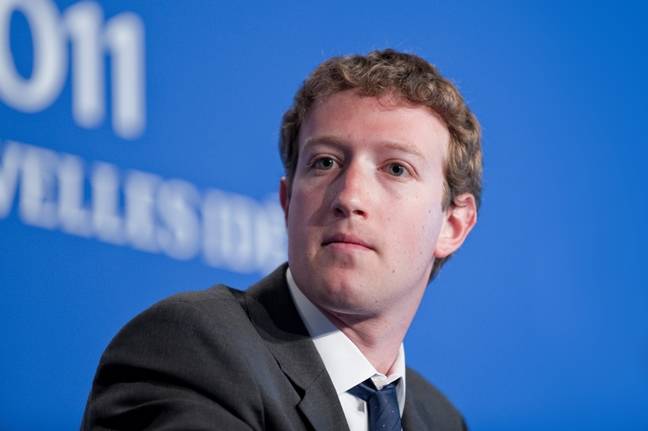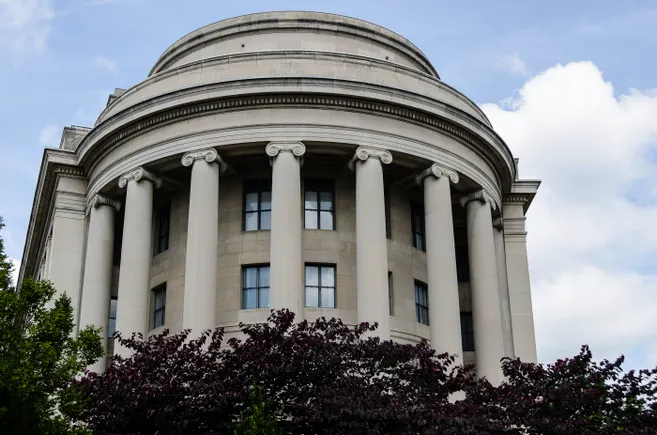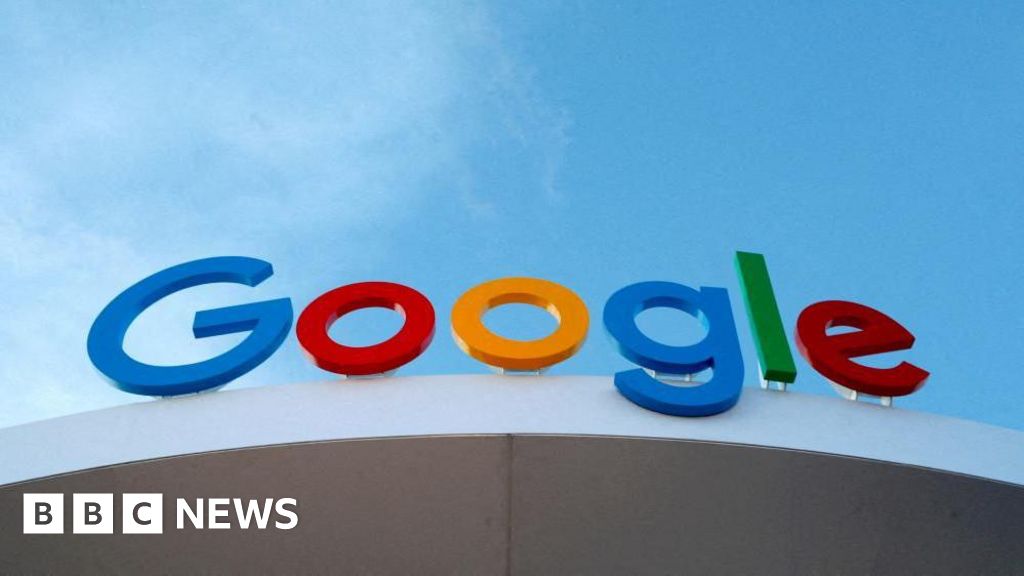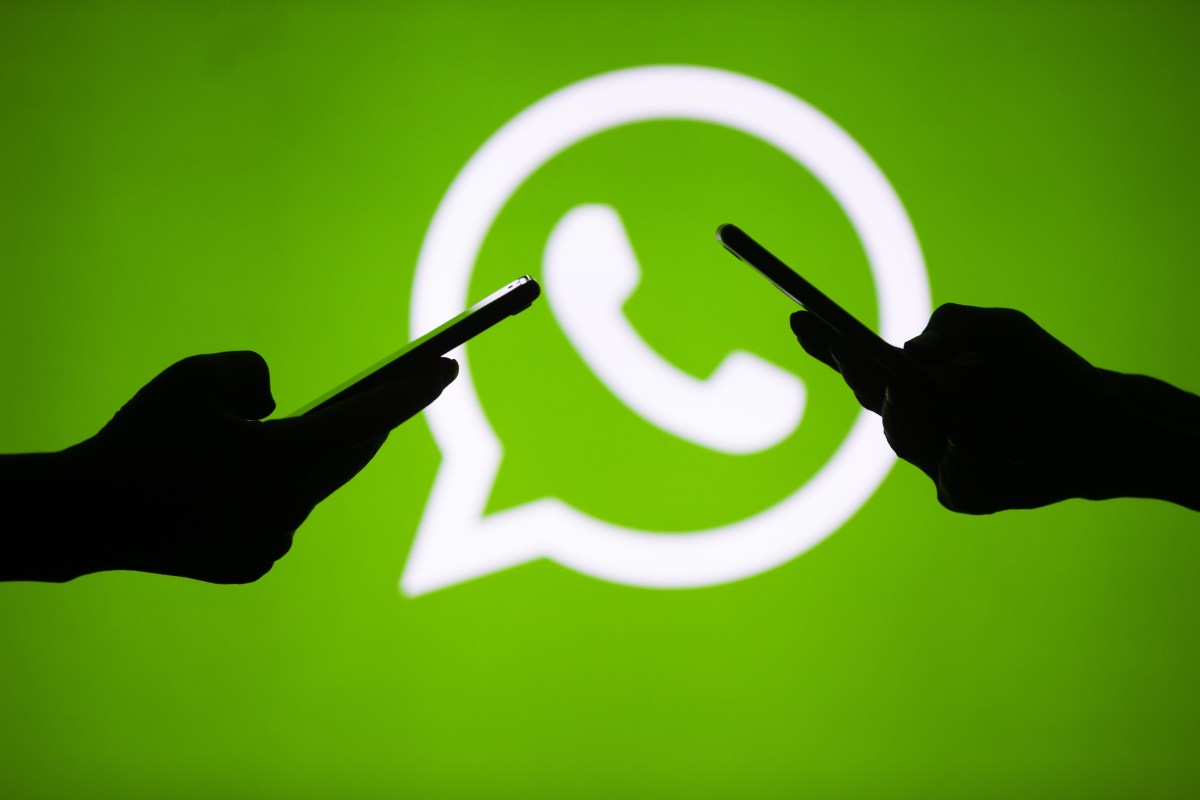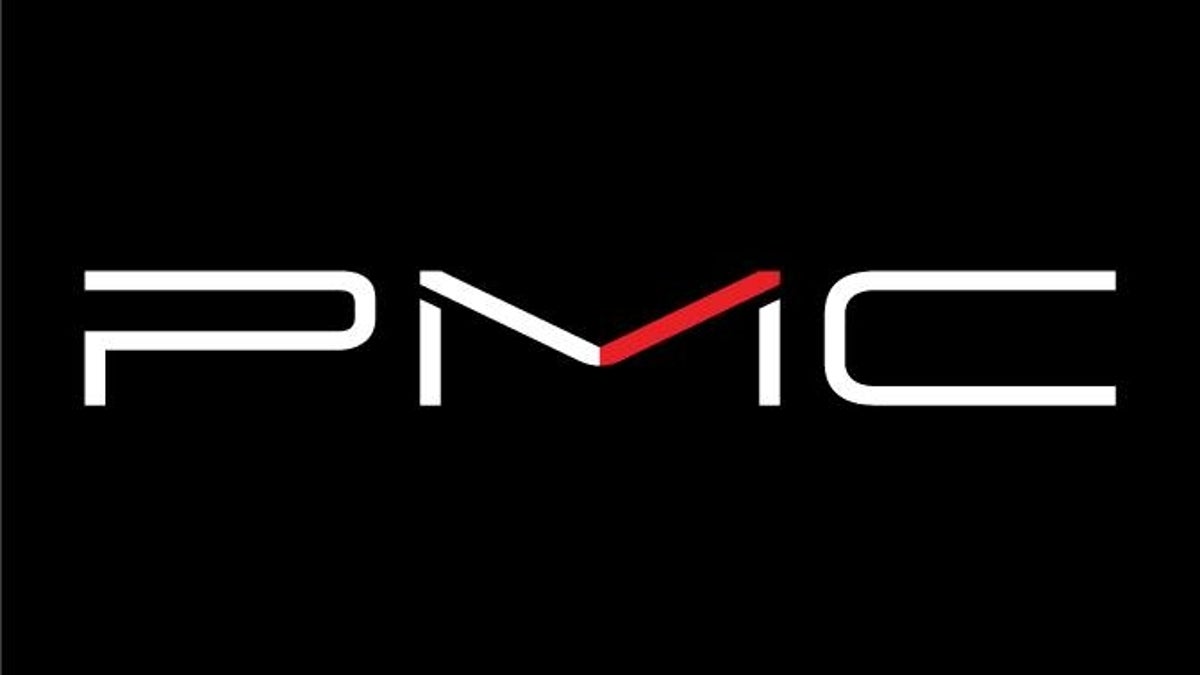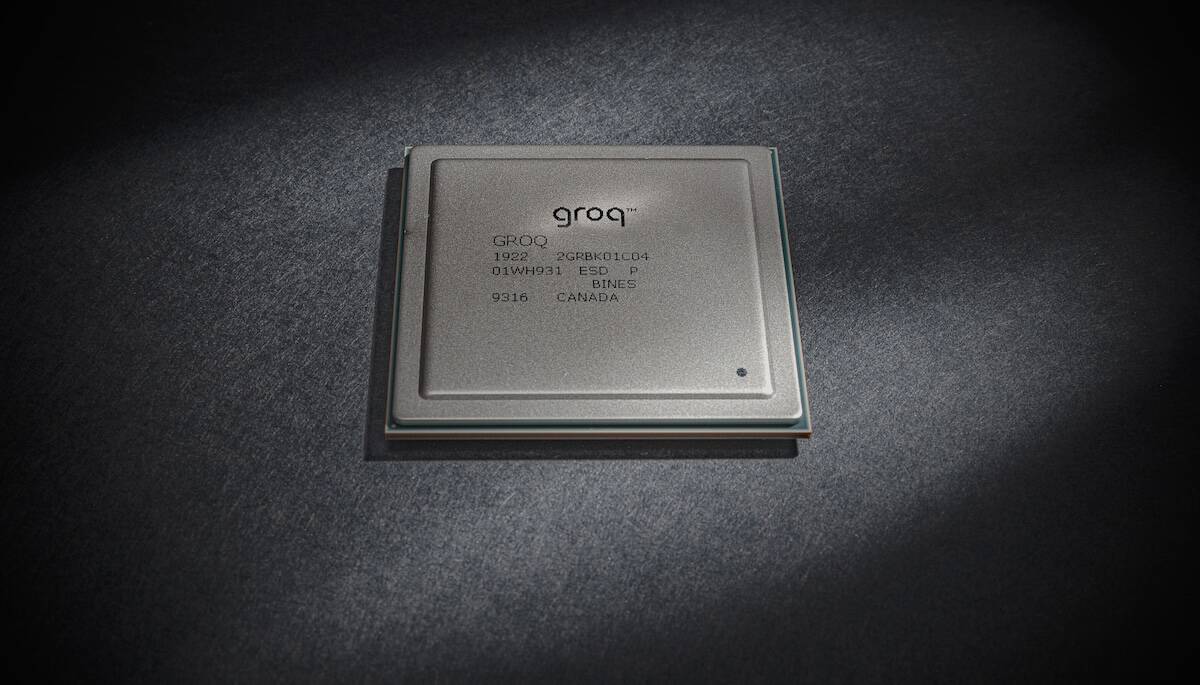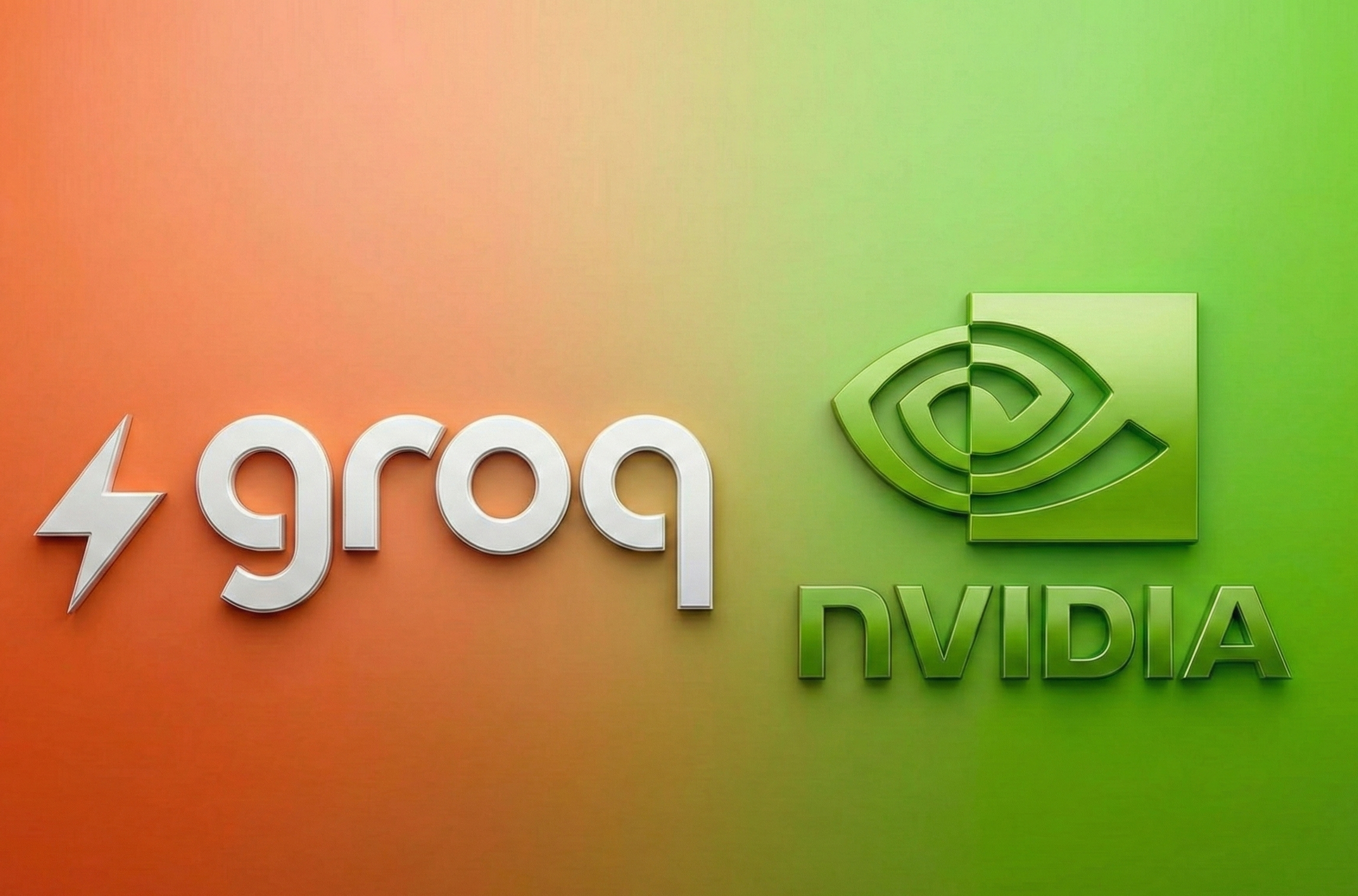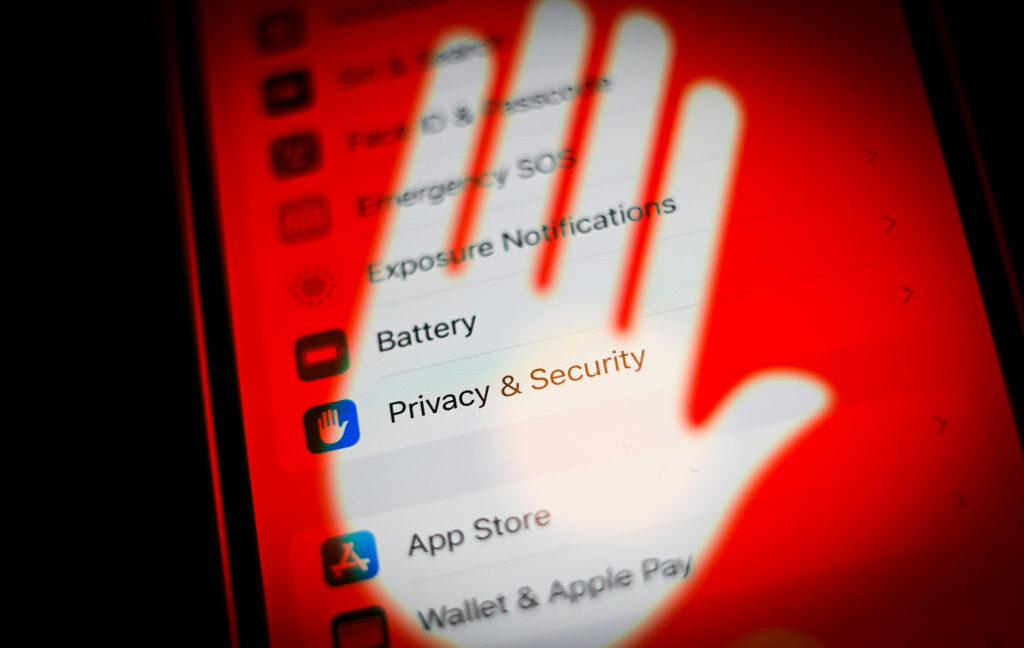#antitrust
#antitrust
[ follow ]
#google #privacy #meta #apple #ad-tech #app-tracking-transparency #ftc #app-store #mergers--acquisitions
fromwww.bbc.com
1 week agoLegal action over 'unfair' Steam game store prices given go ahead
The lawsuit - filed at the Competition Appeal Tribunal in London - alleges Valve "forces" game publishers to sign up to conditions which prevents them from selling their titles earlier or for less on rival platforms. It claims that as Valve requires users to buy all additional content through Steam, if they've bought the initial game through the platform it is essentially "locking in" users to continue making purchases there.
Miscellaneous
#copyright
fromIPWatchdog.com | Patents & Intellectual Property Law
3 weeks ago
Intellectual property law
Other Barks & Bites for Friday, January 9: Eleventh Circuit Applies Section 512(c) Safe Harbor to YouTube; Ninth Circuit Says Apple's Prevention of Access to Heart Rate Data is Lawful; EPO Expands AI Pilot Program
fromwww.theguardian.com
1 week agoCampaigner launches 1.5bn legal action in UK against Apple over wallet's hidden fees'
The financial campaigner James Daley has launched a 1.5bn class action lawsuit against Apple over its mobile phone wallet, claiming the US tech company blocked competition and charged hidden fees that ultimately harmed 50 million UK consumers. The lawsuit takes aim at Apple Pay, which they say has been the only contactless payment service available for iPhone users in Britain over the past decade.
Apple
fromwww.housingwire.com
1 week agoNAR outlines legal risk mitigation, litigation strategy in 2025 report
These initiatives include things like analyzing and assessing legal risks and providing members, local associations and MLSs with legal resources and the education to do the same, as well as reducing litigation exposure and working with industry partners to garner favorable legal outcomes. In its 2025 Annual Report, NAR outlined what it was doing to accomplish these initiatives. Efforts highlighted by the trade group included hiring
Law
fromThe Verge
1 week agoIs this the end of Epic and Google's feud?
Epic sued Google over five years ago in August 2020, and in December 2023 a jury unanimously handed it the win. An appeals court upheld that verdict, and the US Supreme Court didn't step in to save Google from the immediate consequences. Judge Donato ordered Google to crack open Android in the United States, forcing Google to eventually host rival app stores inside its own store, among many other punishments.
Tech industry
Intellectual property law
fromIPWatchdog.com | Patents & Intellectual Property Law
8 months agoOther Barks & Bites for Friday, May 16: USPTO Wants Comments on E-Commerce Counterfeiting; Bayh-Dole Coalition Honors Faces of Innovation; Google Takes Top Spot in U.S. Patent Filings for Generative AI
IP and AI developments: USPTO OECD roundtable, Federal Circuit conception standard correction, Google now leads generative AI patents, Microsoft commits to unbundle Office bundles.
fromDigiday
1 week agoAs U.S. courts near a remedy, Europe puts Google's ad tech concessions under the microscope
The crunch moment in Google's antitrust battles with the Justice Department over its ad tech stack looms ever closer, with Justice Leonie Brinkema expected to issue her remedies ruling by the close of Q1. While these deliberations take place in the chambers of a courtroom in the Eastern District of Virginia, developments elsewhere underscore the political undercurrents at play, namely the push to limit Big Tech's power.
Miscellaneous
fromLawSites
2 weeks agoAlexi Fires Back at Fastcase Lawsuit with Counterclaims Alleging Anticompetitive Conduct Following Clio's $1B Acquisition
Alexi Technologies has filed its answer and counterclaim against Fastcase, vLex, and Clio, accusing the newly merged legal technology giant of manufacturing breach-of-contract allegations as a pretext to eliminate a competitor in the AI legal research market. In December, , sued Fastcase, now owned by ClioAlexi in the U.S. District Court for the District of Columbia, alleging breach of contract, trademark infringement and trade secret misappropriation, all relating to Alexi's use of data licensed from Fastcase.
Law
fromTechCrunch
2 weeks agoBrazil orders Meta to suspend policy banning third-party AI chatbots from WhatsApp | TechCrunch
"According to the investigations, there is possible anti-competitive conduct of an exclusive nature that arises from the application of the New WhatsApp Terms ("WhatsApp Business Solution Terms") imposed by Meta to regulate the access and offer, by providers of artificial intelligence tools, of its technologies to WhatsApp users," the Conselho Administrativo de Defesa Econômica (CADE) said. CADE said it would investigate if Meta's terms are exclusionary to competitors and unduly favor Meta AI, the company's chatbot that's offered on WhatsApp.
Artificial intelligence
US politics
fromBoston Condos For Sale Ford Realty
3 weeks agoCompass Acquisition Of Anywhere Real Estate Moving Forward, WSJ Raises Questions Boston Condos For Sale Ford Realty
Compass's $1.6B acquisition of Anywhere closed quickly after DOJ political appointees overruled antitrust staff, raising competition and consumer-fee concerns.
fromwww.housingwire.com
1 month agoJudge Valderrama's roadmap' for successful antitrust litigation in affordable housing crisis
The Court accepts as true all of the well-pleaded facts in the Complaint and draws all reasonable inferences in favor of Plaintiffs. So said U.S. District Judge Franklin Valderrama on 12.4.2025. According to Reuters: A group of companies that lease land for mobile homes has convinced a federal judge in Chicago to dismiss a proposed nationwide class action accusing them of conspiring to inflate lot rents.
Law
Real estate
fromBoston Condos For Sale Ford Realty
1 month agoWhy The Compass Sotheby's Merger Won't Happen Boston Condos For Sale Ford Realty
The Compass-Sotheby's merger faces antitrust scrutiny, high integration and agent-attrition risks, substantial assumed debt, and market-concentration concerns that threaten deal approval and viability.
fromThe Motley Fool
1 month agoShould You Buy the Best-Performing "Magnificent Seven" Stock of 2025? | The Motley Fool
Why Alphabet performed well this year Alphabet actually didn't start the year strong. However, at least two things happened that helped it reverse course. First, Alphabet posted excellent financial results. The company's work in cloud computing and artificial intelligence (AI) has been tremendously helpful. The tech leader is showing that, despite competition from AI chatbots, it remains the leader in search, while providing in-demand AI services through the cloud.
Artificial intelligence
fromwww.housingwire.com
1 month agoCompass-Anywhere deal may exceed DOJ market-share limits in some cities
After the merger, The Capitol Forum's analysis showed that Compass would control 30% or more of local brokerage markets across the U.S. from Seattle, San Francisco and Los Angeles on the West Coast to Boston, parts of New York City and Washington, D.C. on the East Coast. The combined brokerages would have market dominance in markets like Honolulu, Fort Lauderdale, Florida, Greenwich, Connecticut, Newport Beach and Los Gatos, California, Denver, St. Louis, Houston and Austin.
Real estate
fromInsideHook
1 month agoItalian Competition Authority Fines Apple Over App Store Privacy
How do you quantify the abuse of a company's power in its chosen industry? We're seeing one answer to that question in Italy this week, where the Italian Competition Authority has issued a fine to Apple over "abuse of a dominant position" related to the tech company's App Store. The fine that's been levied is a very specific €98,635,416.67, which translates to $116,000,725.26 at the current rate of exchange.
Miscellaneous
fromTechCrunch
1 month ago'It felt so wrong': Colin Angle on iRobot, the FTC, and the Amazon deal that never was | TechCrunch
The goal, of course, is to avoid the abuses that can happen in monopolies and with the goal of protecting consumer choice and protecting innovation. What happened was that iRobot and Amazon came together for the expressed purpose of creating more innovation, more consumer choice, at a time when iRobot's trajectory was honestly different from where it was several years earlier.
Tech industry
US news
fromwww.mercurynews.com
1 month agoMailbag: Precarious future for the Group of Six, assessing the new Pac-12 coaches, a college CBA, the Apple deal (R.I.P.) and more
About 30 teams each season have a realistic College Football Playoff path; 68 Group-of-Six teams share one guaranteed CFP bid, creating competitive imbalance.
fromwww.amny.com
1 month agoDirecTV antitrust suit against Nexstar back online after appellate ruling amNewYork
In reversing the Southern District of New York dismissal for lack of standing, a split three-judge circuit panel allowed the streaming and satellite TV company to proceed with its federal claims. Lost profits resulting from a reduction in output represent a cognizable antitrust injury, and DirecTV plausibly alleges that its lost profits flowed directly from the output-reducing effects of the alleged price-fixing conspiracy, U.S. Circuit Judge Steven Menashi wrote in an opinion joined by U.S. Circuit Judge Denny Chin.
Law
Miscellaneous
fromIT Pro
1 month agoCISPE claims European Commission gave Broadcom a 'blank cheque to raise prices, lock-in, and squeeze customers' with VMware deal
Broadcom's acquisition enabled aggressive monetization of VMware's dominant virtualization position, driving steep price increases, forced bundling, and increased contractual lock-in.
[ Load more ]

